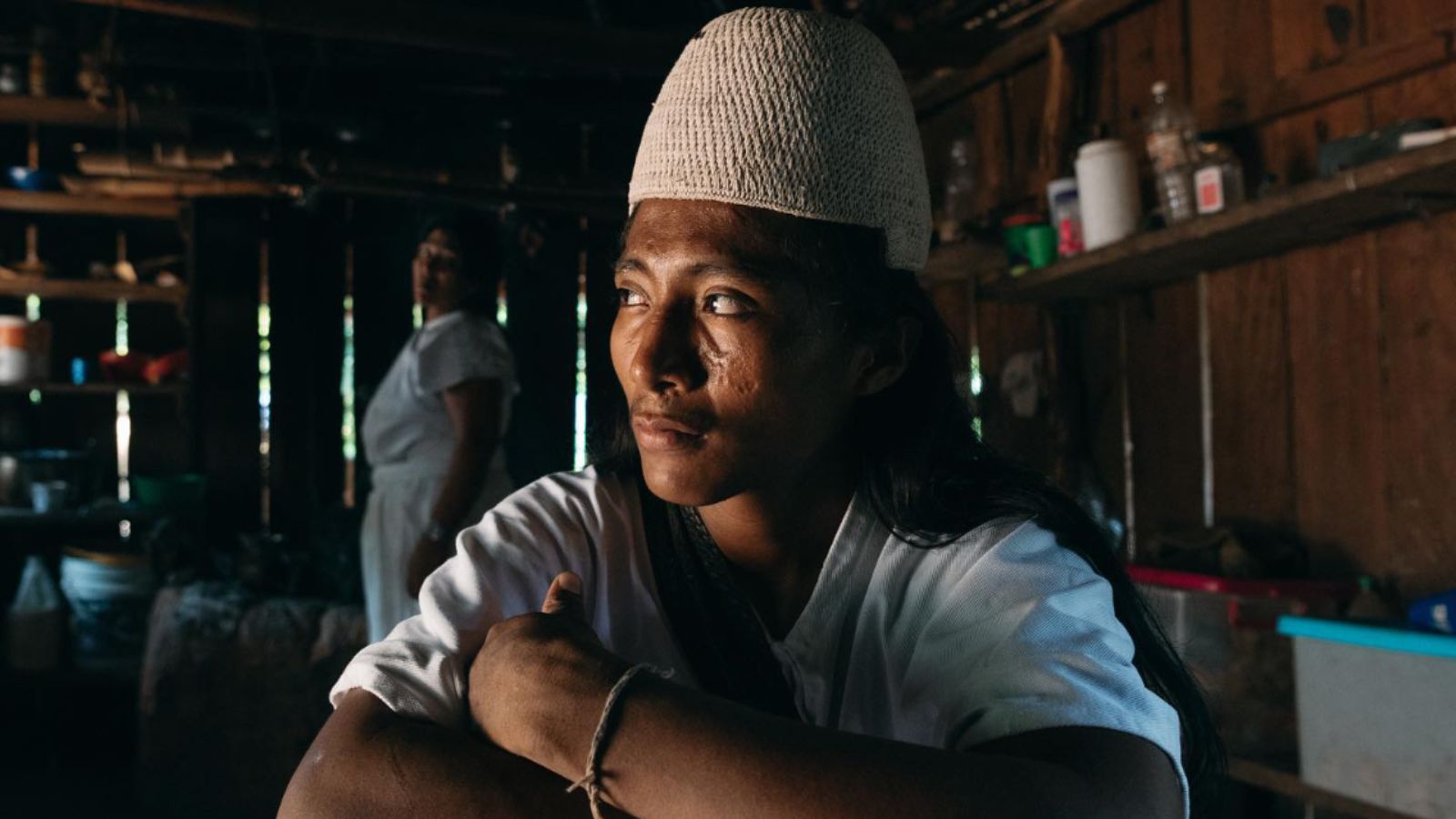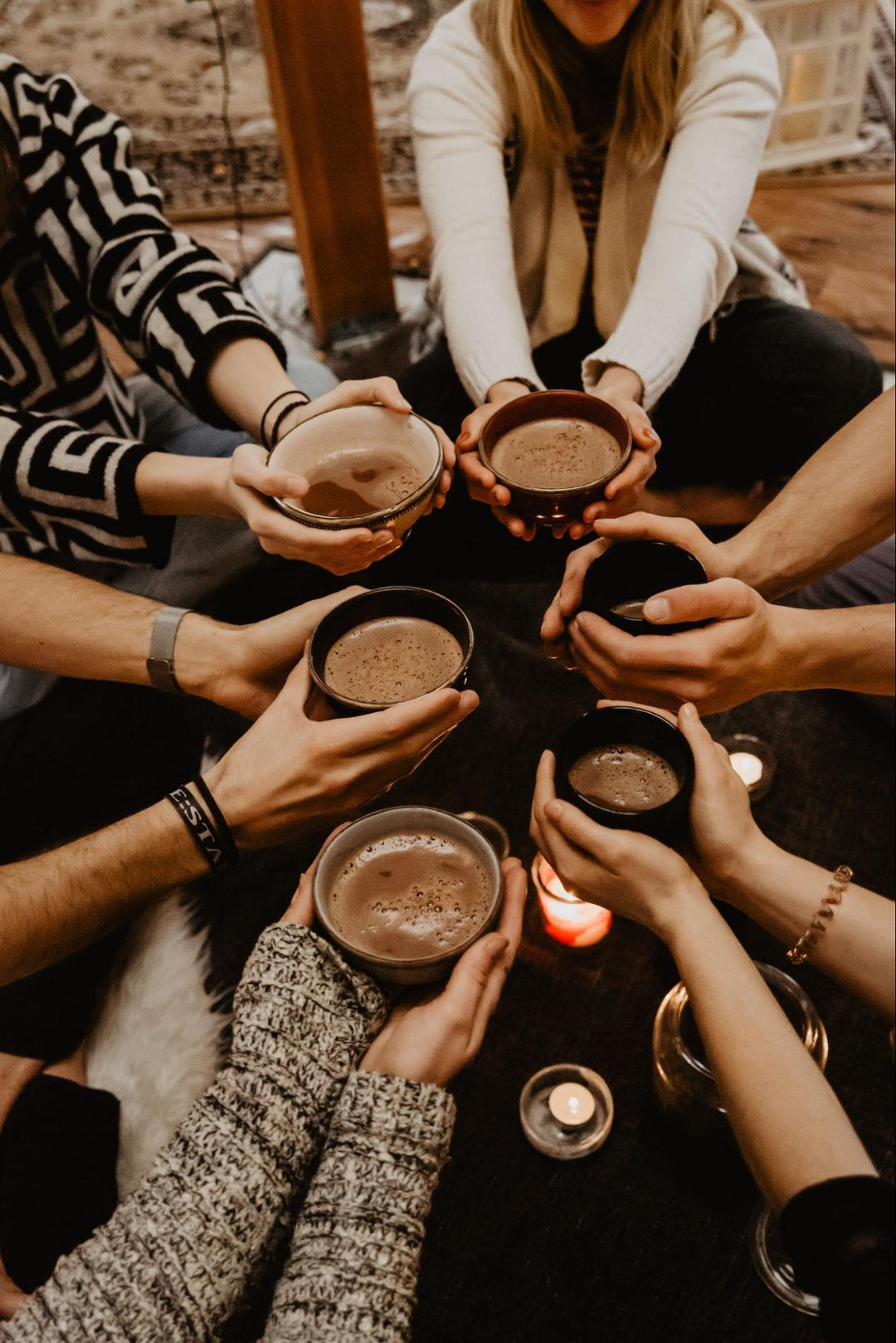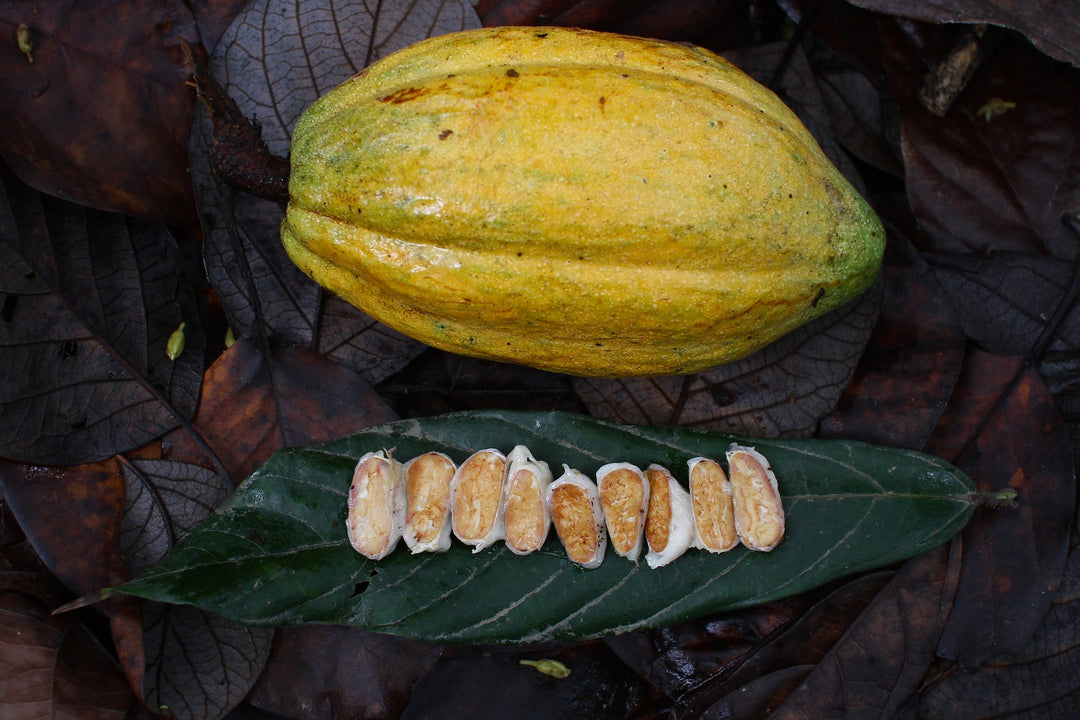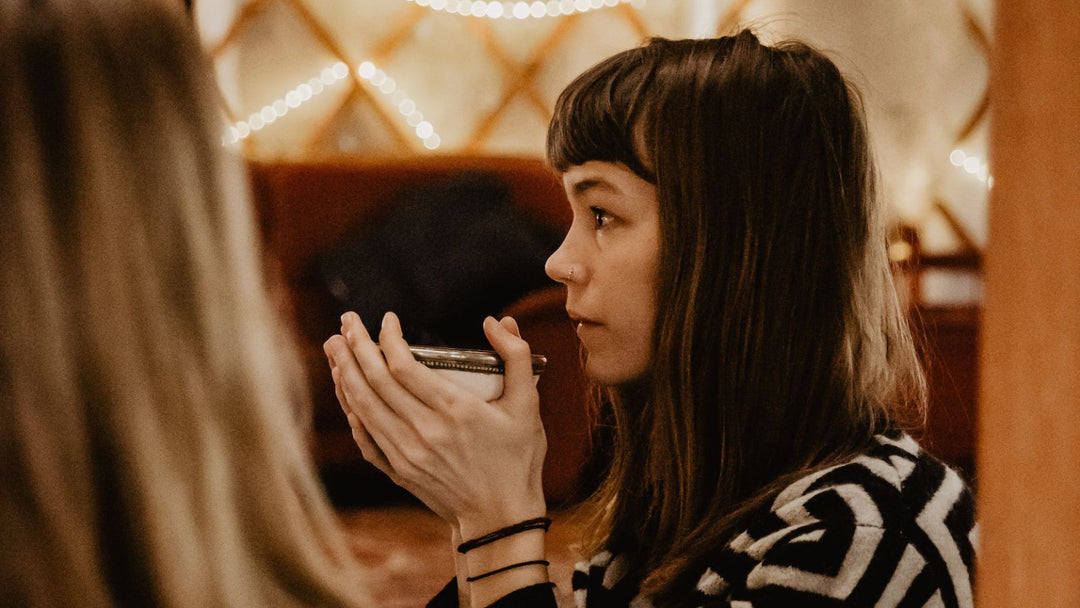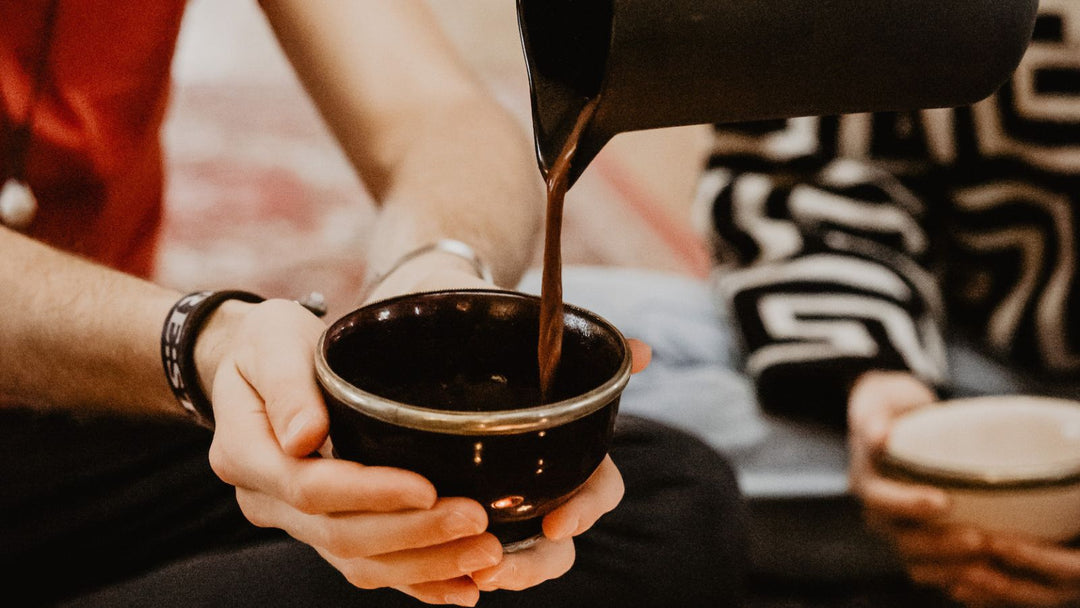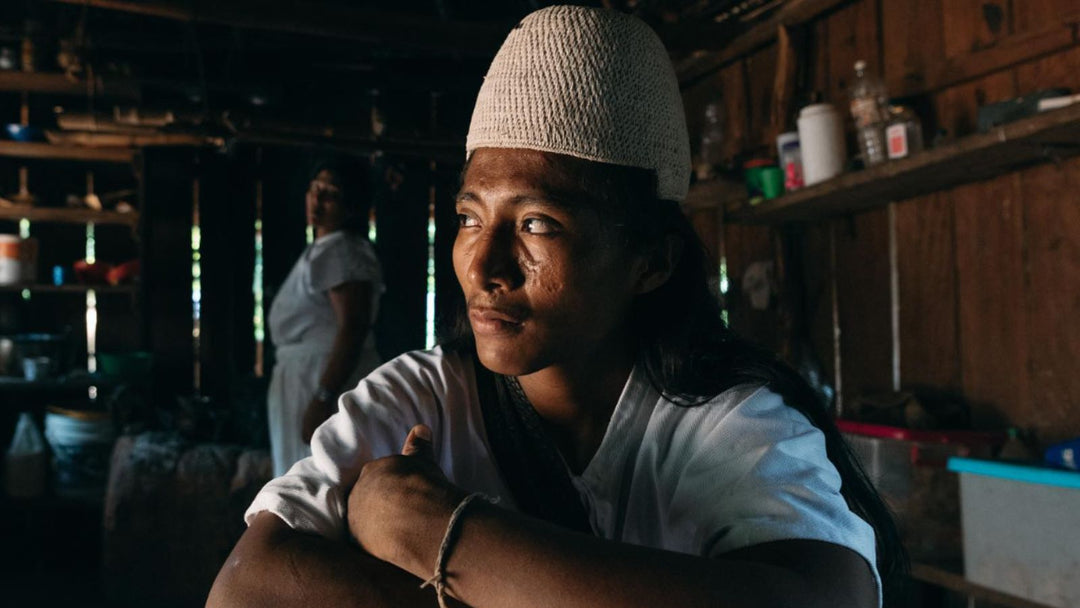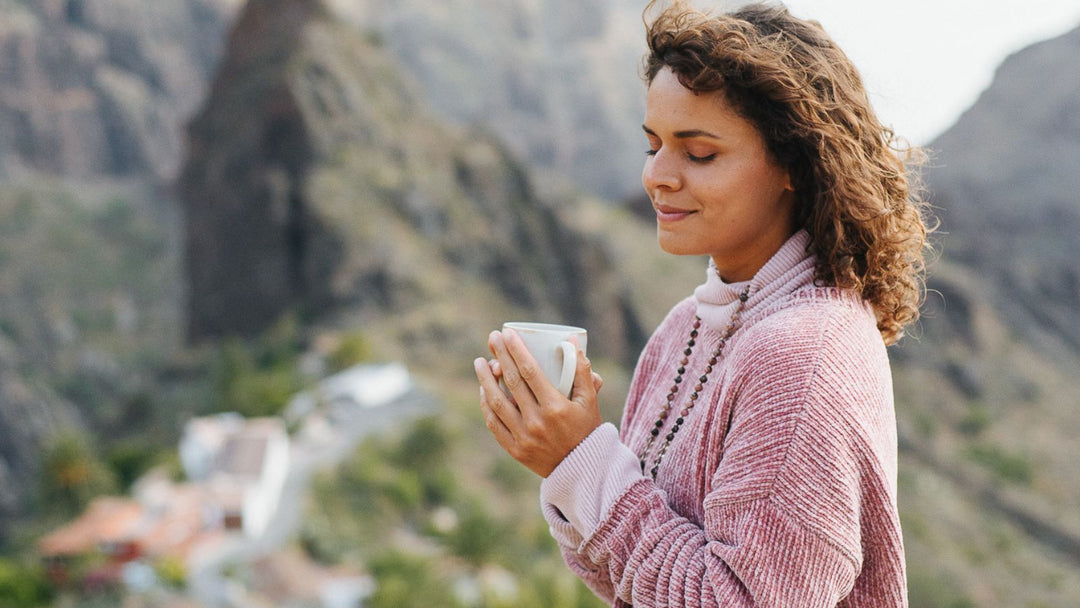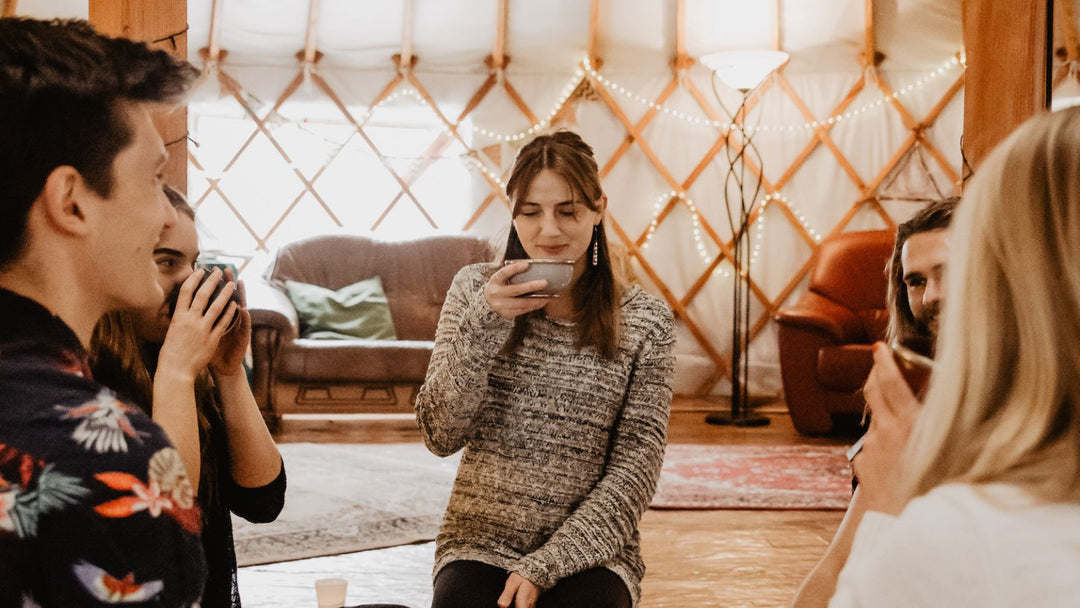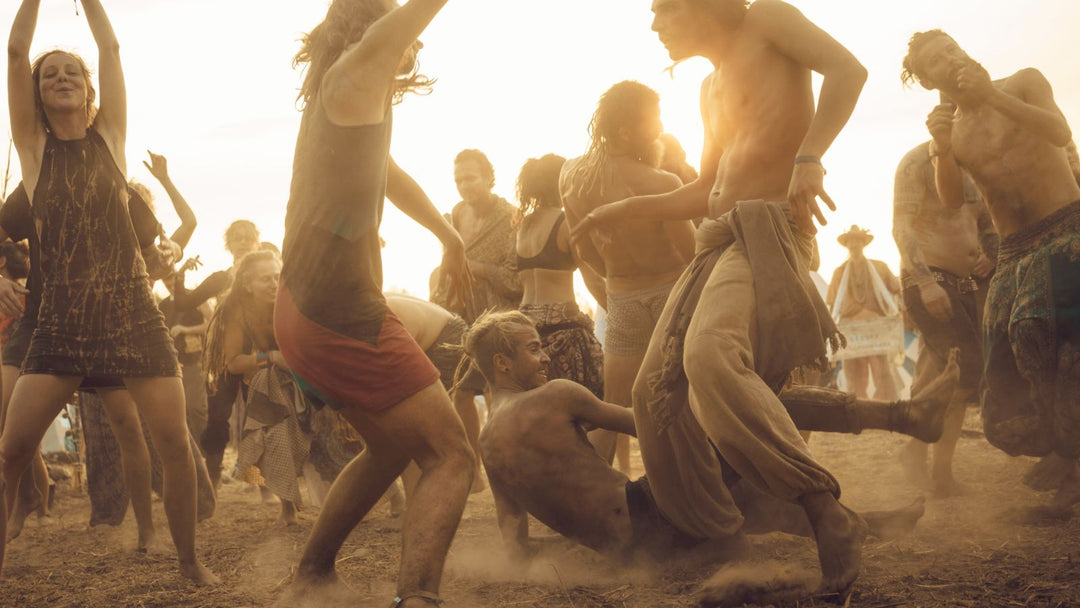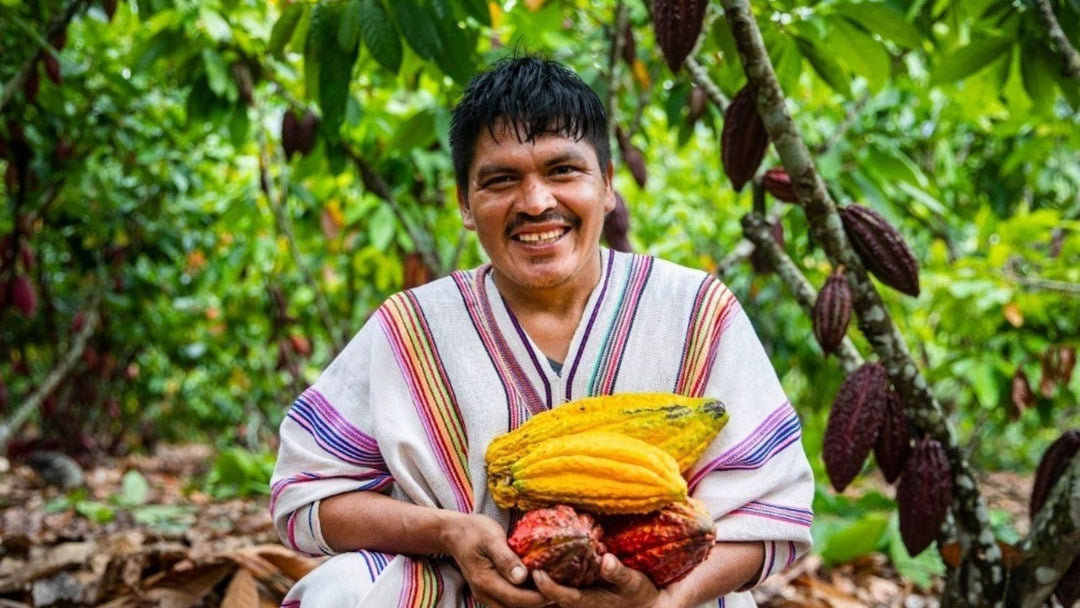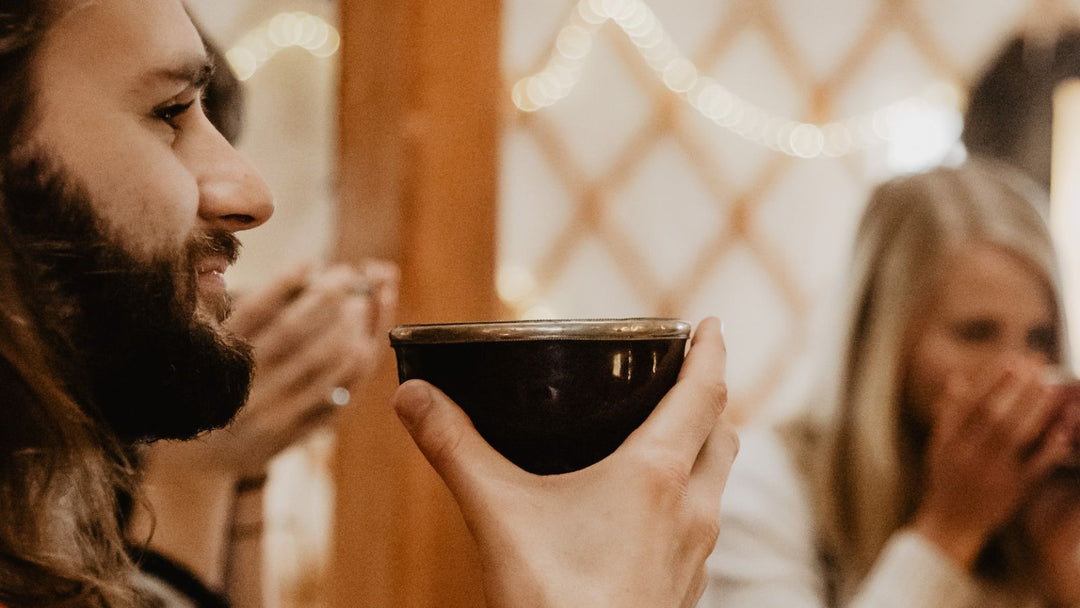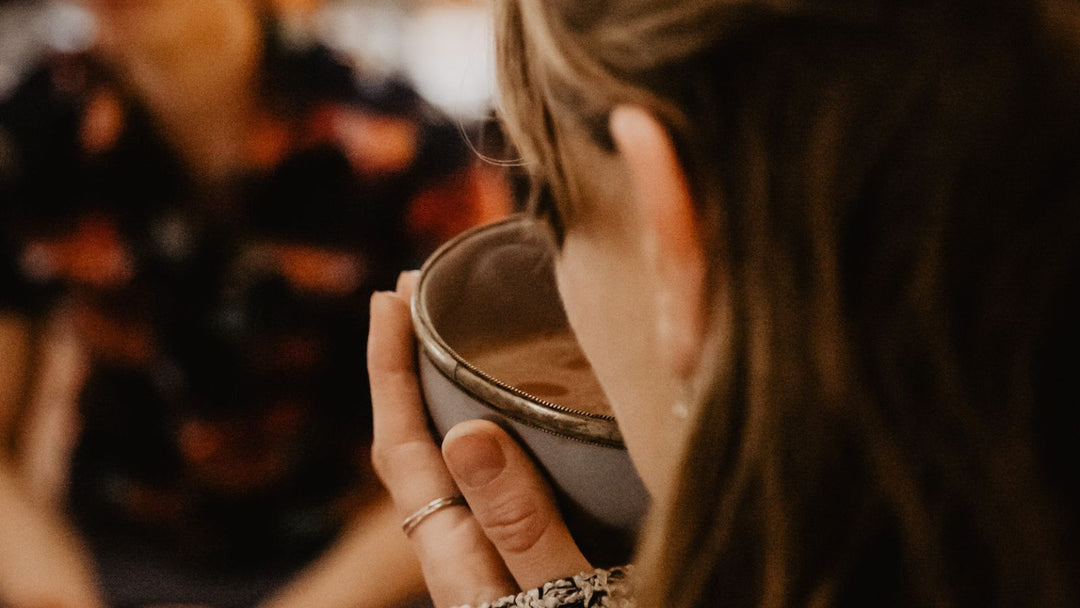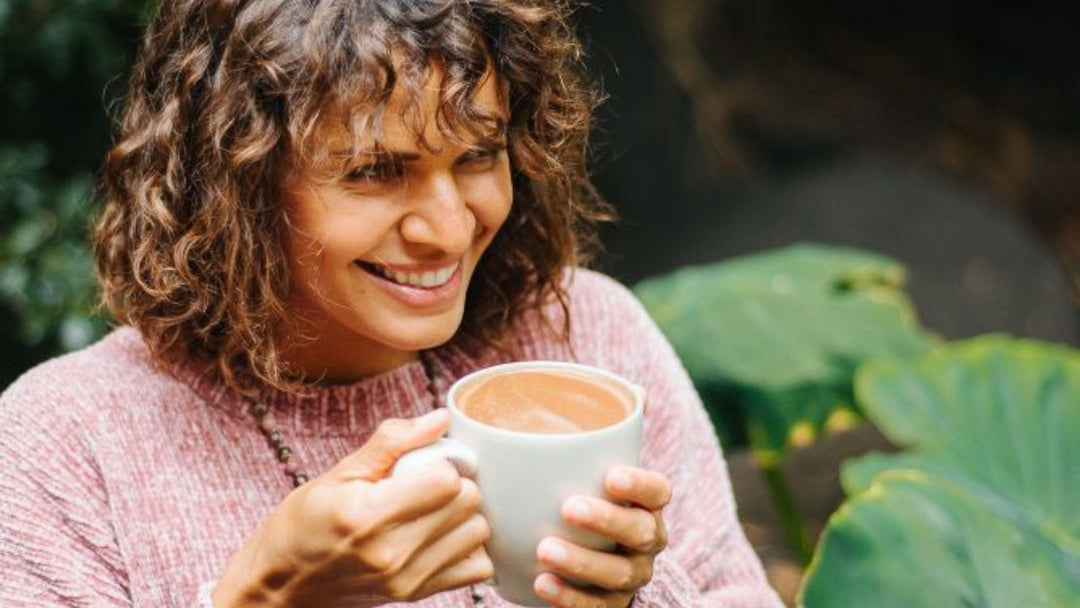Ethical Considerations in Cacao Ceremony
Introduction
As the popularity of cacao ceremonies grows, so does the importance of ethical sourcing and cultural respect. This page aims to shed light on the ethical considerations that both facilitators and participants should be aware of when engaging in a cacao ceremony.
Ethical Sourcing of Cacao
Given that cacao is the central element of the ceremony, it's crucial to ensure that it is sourced ethically. Look for cacao that is organic, fair-trade certified, and sustainably harvested. Ethical sourcing not only ensures a higher-quality product but also supports the livelihoods of the farmers and communities where cacao is grown.
If you're interested in sustainable farming practices for the most sustainable ceremonial cacao, we recommend you check our blog post on mixed forest cacao farming practices. It's by far the most sustainable way to grow cacao in the tropics.
Most Sustainable Ceremonial Cacao and How it's Sourced
Cultural Sensitivity and Appropriation
The cacao ceremony has roots in indigenous cultures, and it's important to approach it with respect and awareness of its cultural heritage. While the practice has been adapted and modernized, acknowledging its origins and respecting the traditions associated with it is crucial to maintaining the integrity of the ceremony. Want to know more about the history and origins of cacao ceremony? We created a full guide on that one, too.
History and Origin of Cacao Ceremonies in Meso-America
Conclusion
Ethical considerations in cacao ceremonies extend beyond just the sourcing of cacao; they encompass a broader responsibility to respect and honor the cultural and spiritual aspects of the practice. Whether you're a facilitator or a participant, being mindful of these considerations can contribute to a more authentic and respectful cacao ceremony experience.




